Cities have always been the fireplaces of civilization, whence light and heat radiated out into the dark
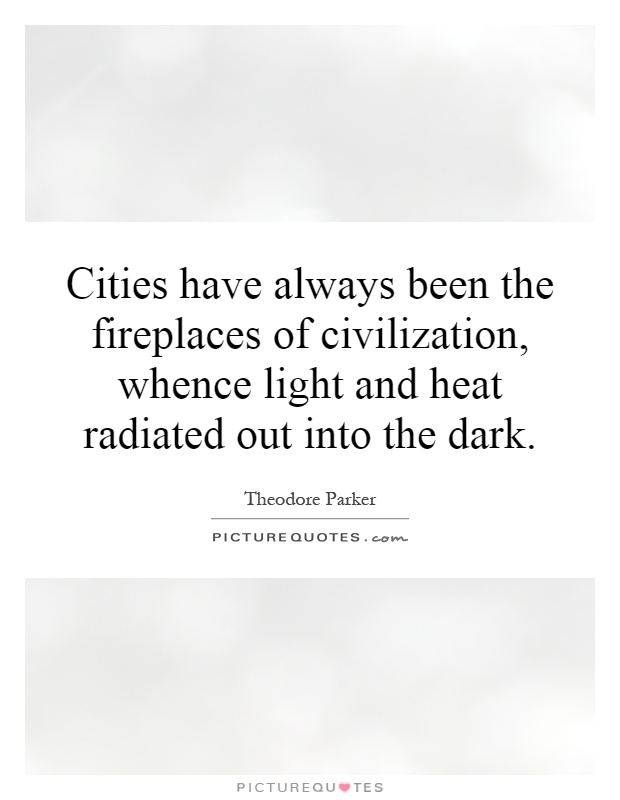
Cities have always been the fireplaces of civilization, whence light and heat radiated out into the dark
Theodore Parker, a prominent American theologian and abolitionist in the 19th century, was a firm believer in the power and importance of cities in shaping civilization. He saw cities as the "fireplaces of civilization," from which light and heat radiated out into the dark, symbolizing the spread of knowledge, culture, and progress.Parker's view of cities as the centers of civilization was deeply rooted in his understanding of history and human development. He believed that cities were not only physical spaces where people gathered and lived, but also hubs of intellectual and cultural exchange. In his eyes, cities were the places where ideas were born, debated, and disseminated, leading to the advancement of society as a whole.
Parker's concept of cities as "fireplaces of civilization" can be seen in his own life and work. As a minister in Boston, he was at the heart of a bustling urban center that was a hotbed of intellectual and social change. He used his pulpit to advocate for abolitionism, women's rights, and other progressive causes, spreading his ideas and inspiring others to take action.
Parker's belief in the transformative power of cities was also reflected in his vision for a more just and equitable society. He saw cities as places where people from diverse backgrounds could come together, learn from each other, and work towards a common goal of social justice. He believed that cities had the potential to be engines of change, driving progress and innovation in all areas of human endeavor.
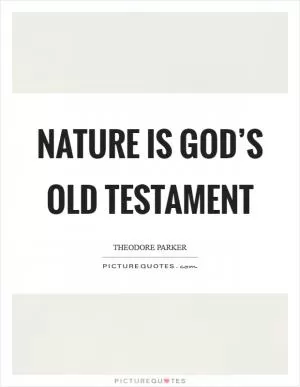
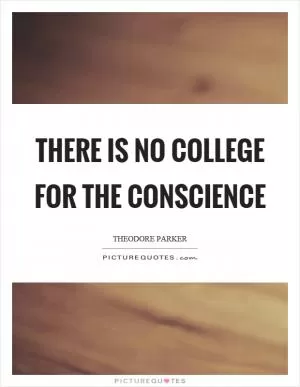
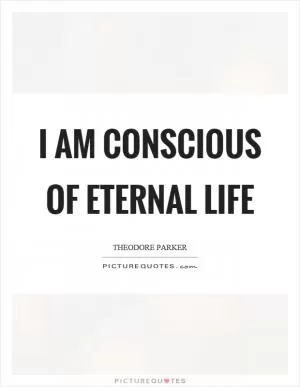
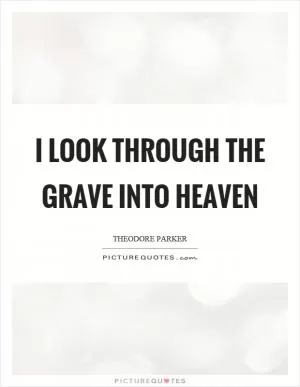
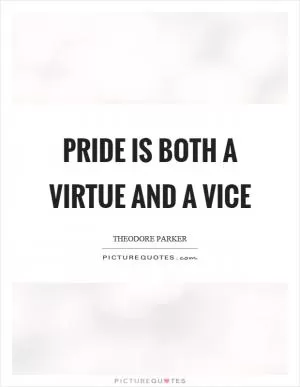
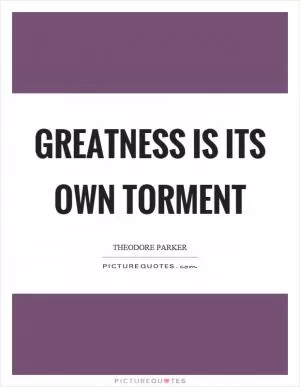
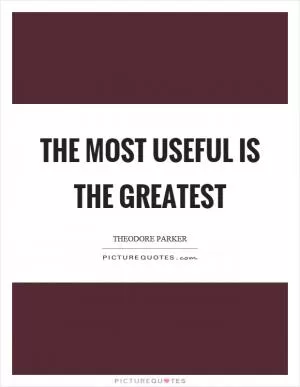
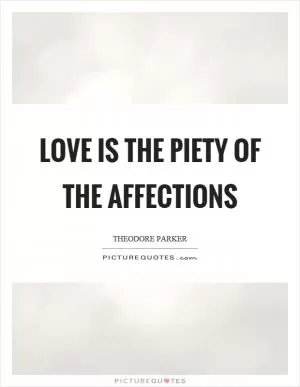
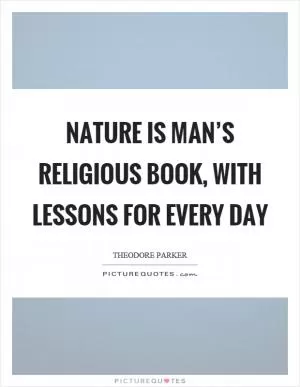
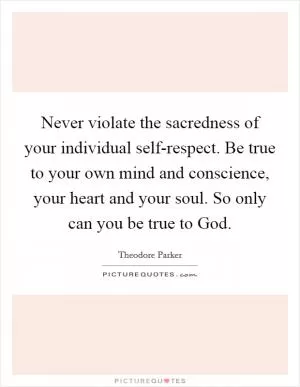
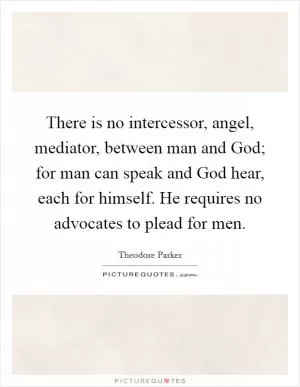
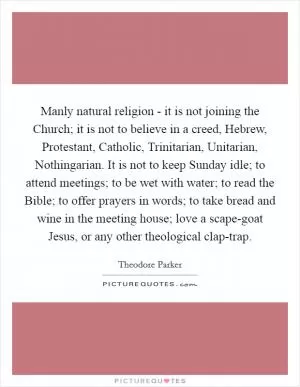
 Friendship Quotes
Friendship Quotes Love Quotes
Love Quotes Life Quotes
Life Quotes Funny Quotes
Funny Quotes Motivational Quotes
Motivational Quotes Inspirational Quotes
Inspirational Quotes